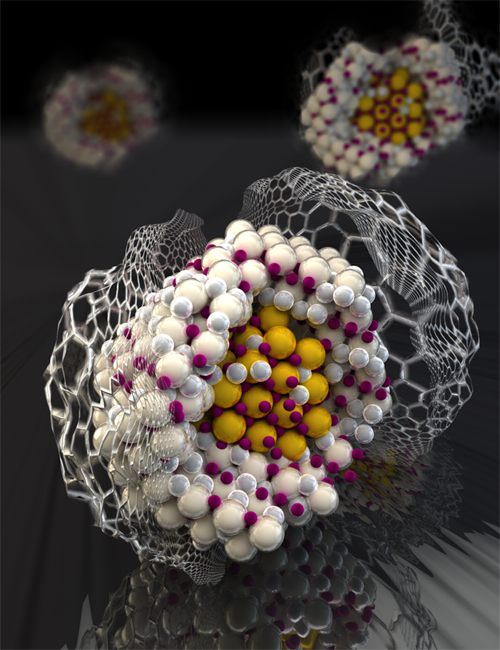DOE CSGF: Crossing Boundaries
Computational science is interdisciplinary by nature, using algorithms, mathematics and computers to analyze and solve scientific and engineering problems. The DOE CSGF’s unique program of study helps nurture this crosscutting foundation.
The result: scientists who may reside in science, mathematics, engineering or computer science departments but share an interest in research using computing and mathematical methods. Although their pursuits vary widely, the DOE CSGF helps these computational scientists develop a sense of community that’s often difficult to find in a single academic department. It starts with DOE laboratory practicum (research) experiences, where interdisciplinary teams conduct research in ways far different than in academic departments.
At the annual program review, fellows find additional benefits of the program’s boundary-crossing nature. Often, one fellow’s research will inspire new ideas or approaches in another student working in a seemingly unrelated area.
Fields of Study

DOE CSGF Science & Engineering Track fellows use math and computers to conduct doctoral research in many fields, including:
-
Aeronautics
-
Astrophysics
-
Biological Sciences
-
Chemical Engineering
-
Chemistry
-
Electrical Engineering*
-
Environmental Science
-
Materials Sciences
-
Mechanical Engineering
-
Physics
* Students performing research in computer science, computer engineering or electrical engineering — including development of novel hardware technology, machine learning or enabling software — without a specific science or engineering focus should apply to the Math/CS Track as these topics are considered broadly applicable research areas for the purposes of the DOE CSGF.
DOE CSGF Mathematics & Computer Science Track recipients pursue doctoral degrees in applied mathematics, statistics, computer science, computer engineering or computational science — or their academic equivalent — with research interests that help use emerging high-performance systems more effectively. A departmental exception is made for students whose research is focused on algorithms or software for quantum information systems and who are enrolled in a science or engineering field. In all cases, research must contribute to more effective use of emerging high-performance computer systems. This track allows students to focus on issues in high-performance computing as a broadly applicable technology and not on a particular science or engineering application.
For a more comprehensive look at the fields of study the DOE CSGF supports, check the work of current fellows and program alumni.
